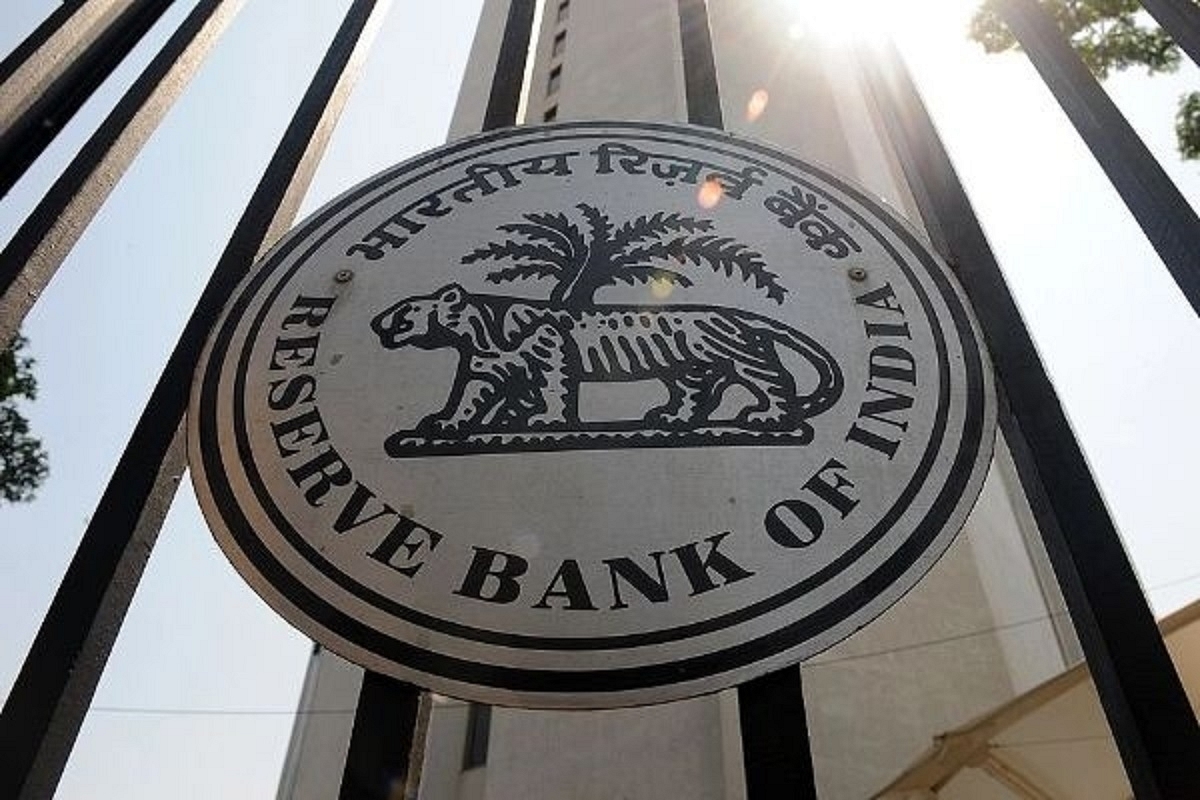Context
How And Why RBI Is Promoting Rupee In International Trade

RBI headquarters in Mumbai. (INDRANIL MUKHERJEE/AFP/Getty Images)
The RBI allowed invoicing and payments for international trade in rupees.
How it helps: It will promote the growth of global trade with emphasis on exports from India, and support the increasing interest of the global trading community in INR.
At a time when many countries in Africa and South America are facing forex shortages, the move allowing exim transactions through letter of credit will help exporters and importers.
It will reduce the impact of dollar outflows as a result of imports and thereby preserve foreign currency reserves.
This mechanism may enable Indian exporters to receive advance payment against exports from overseas importers in rupees.
What needs to be done: The RBI has asked banks to put in place additional arrangements to implement the decision.
Before putting this mechanism in place, banks will require prior approval from the RBI's Foreign Exchange Department.
For settlement of trade transactions, banks will also require special rupee vostro accounts of correspondent bank/s of the partner trading country.
How it will work: Indian importers shall make payments in INR, which shall be credited into the special vostro account of the correspondent bank of the partner country against the invoices for the supply of goods or services from the overseas seller/supplier.
Indian exporters shall be paid the export proceeds in INR from the balances in the designated special vostro account of the correspondent bank of the partner country.
The rupee surplus balance held can be used for permissible capital and current account transactions in accordance with mutual agreement.
The balance in special vostro accounts can be used for payments for projects and investments, export/import advance flow management, and investment in government bonds.
What changed: As per existing FEMA provisions, the final settlement has to be in free foreign exchange except for Nepal and Bhutan.
Now the final settlement to all countries, if approved by the RBI, can be in Indian rupee.
This comes at a time when a lot of countries are evaluating bilateral arrangements instead of multilateral arrangements. It will facilitate greater bilateral business with Russia, which is facing a wide range of Western sanctions and is virtually cut off from standard cross-border payment platforms.
Support Swarajya's 50 Ground Reports Project & Sponsor A Story
Every general election Swarajya does a 50 ground reports project.
Aimed only at serious readers and those who appreciate the nuances of political undercurrents, the project provides a sense of India's electoral landscape. As you know, these reports are produced after considerable investment of travel, time and effort on the ground.
This time too we've kicked off the project in style and have covered over 30 constituencies already. If you're someone who appreciates such work and have enjoyed our coverage please consider sponsoring a ground report for just Rs 2999 to Rs 19,999 - it goes a long way in helping us produce more quality reportage.
You can also back this project by becoming a subscriber for as little as Rs 999 - so do click on this links and choose a plan that suits you and back us.
Click below to contribute.
Latest